How to Make a Career Choice
Anthony M. Wanjohi: Career choice entails making decision about what one wants to do with his/her life that is, in terms of occupation. There are hundreds of career options out there. How do you make a career choice when you don’t really know what you want to do? Does it seem like a BIG task. […]
